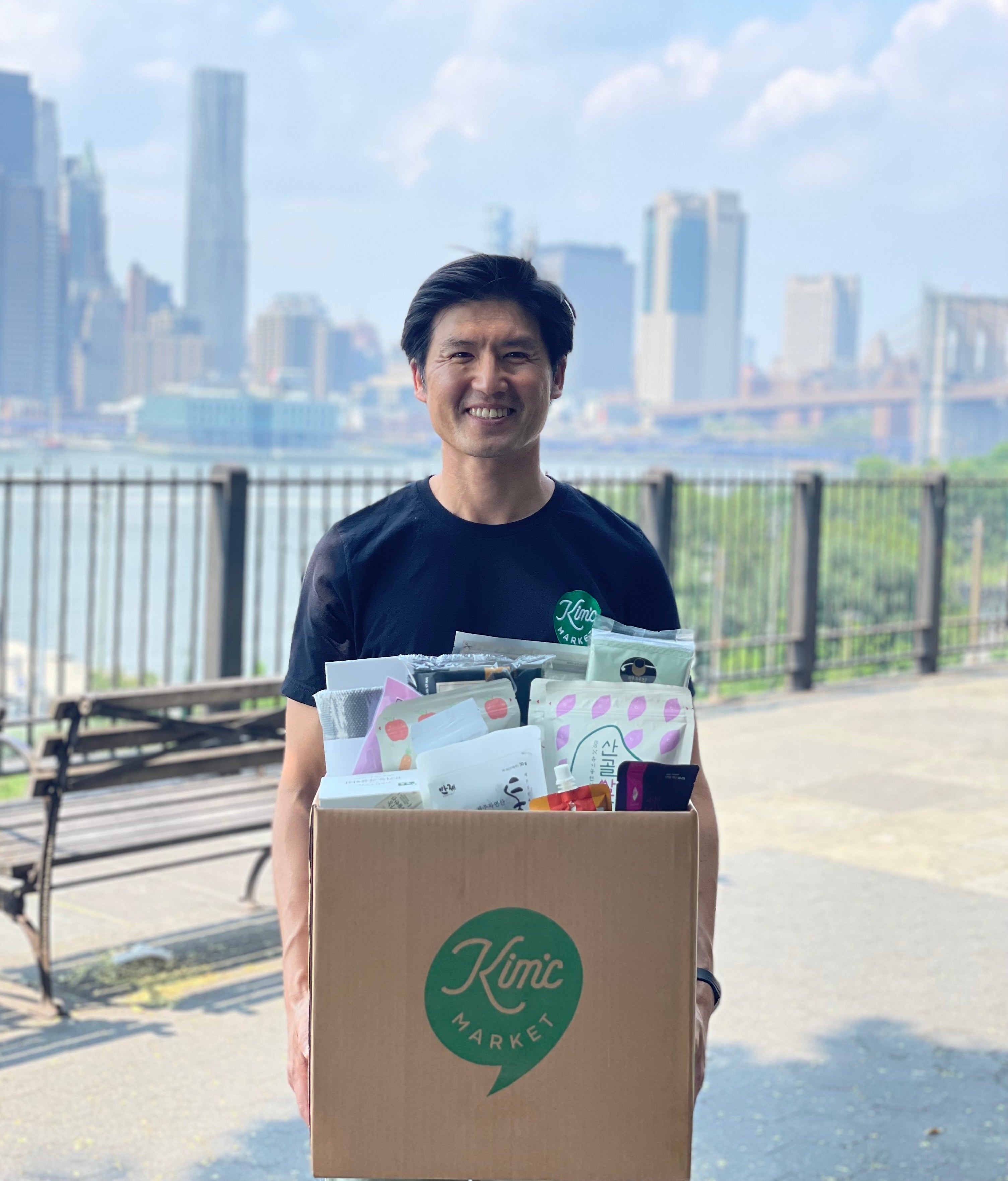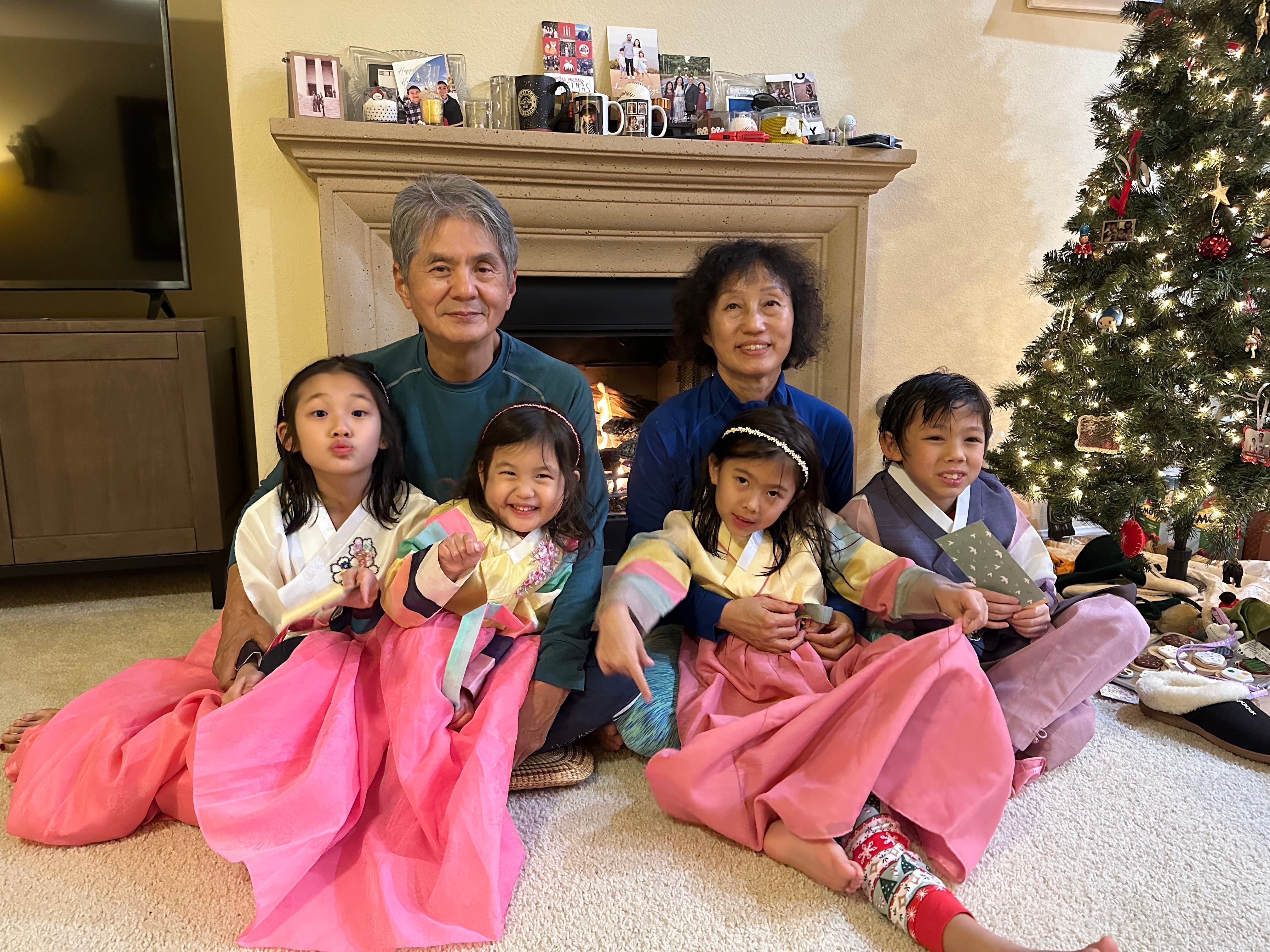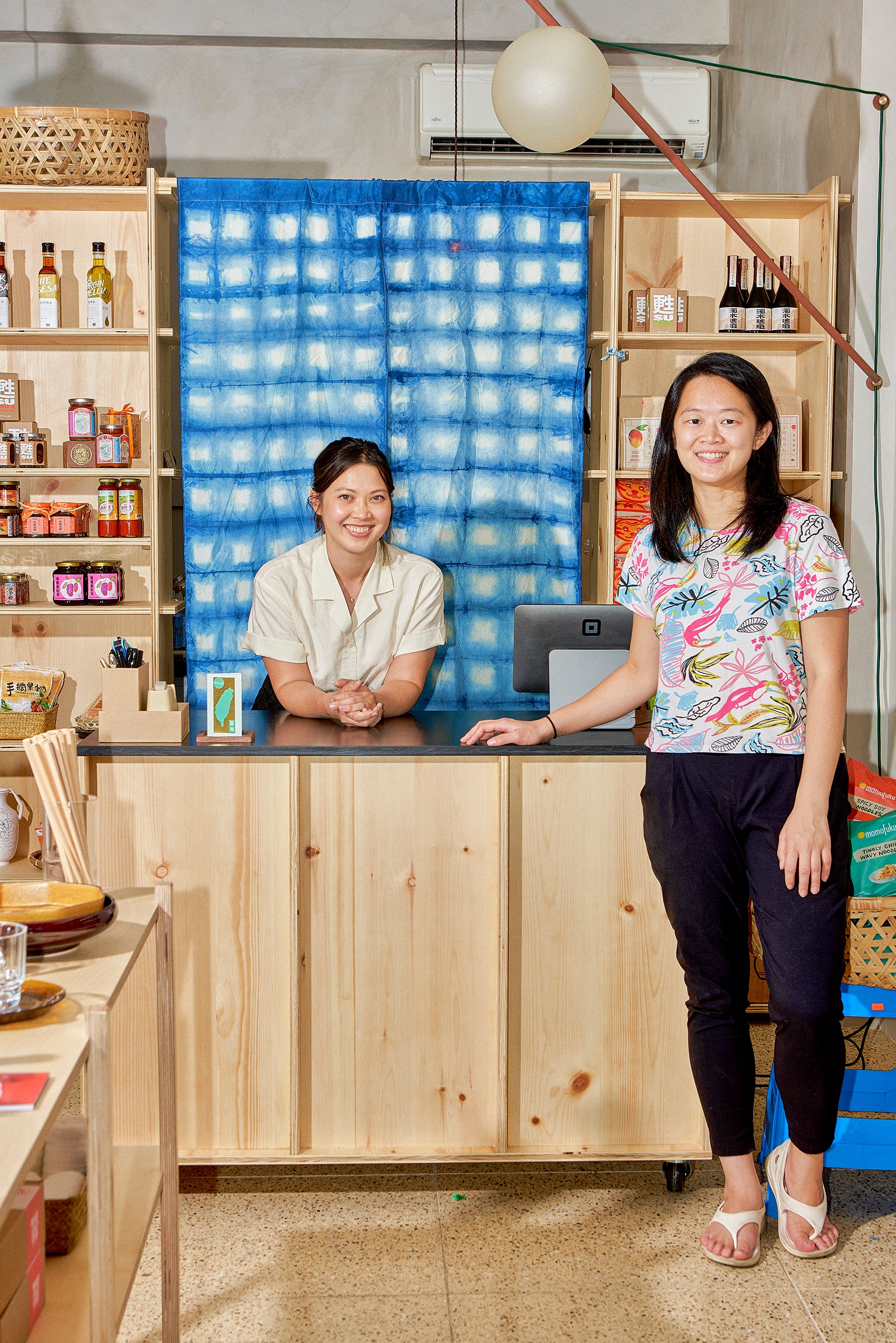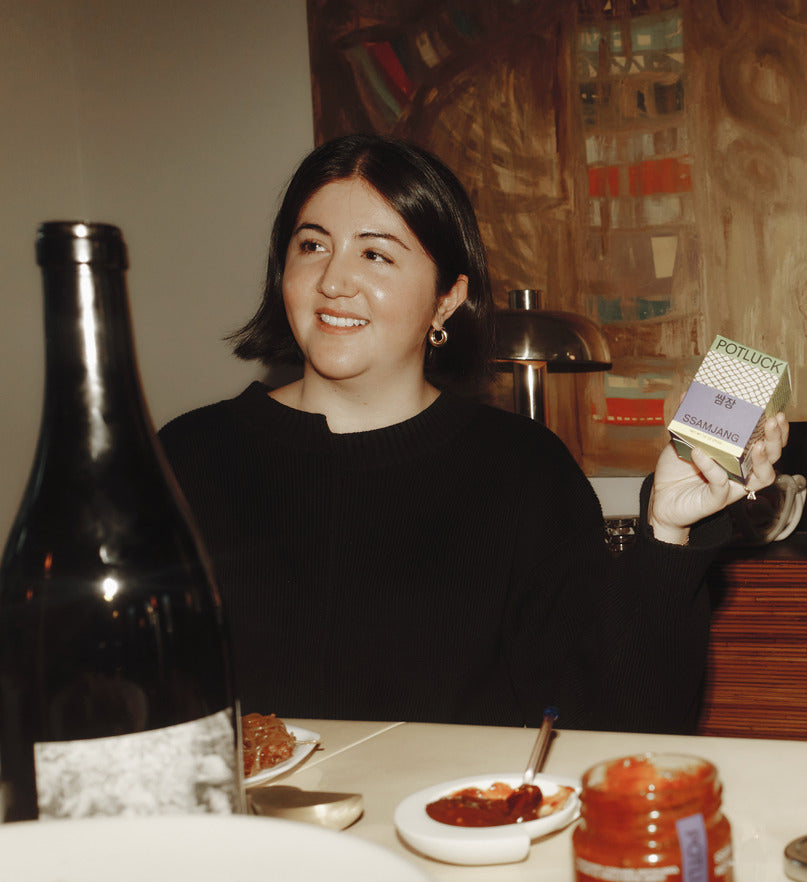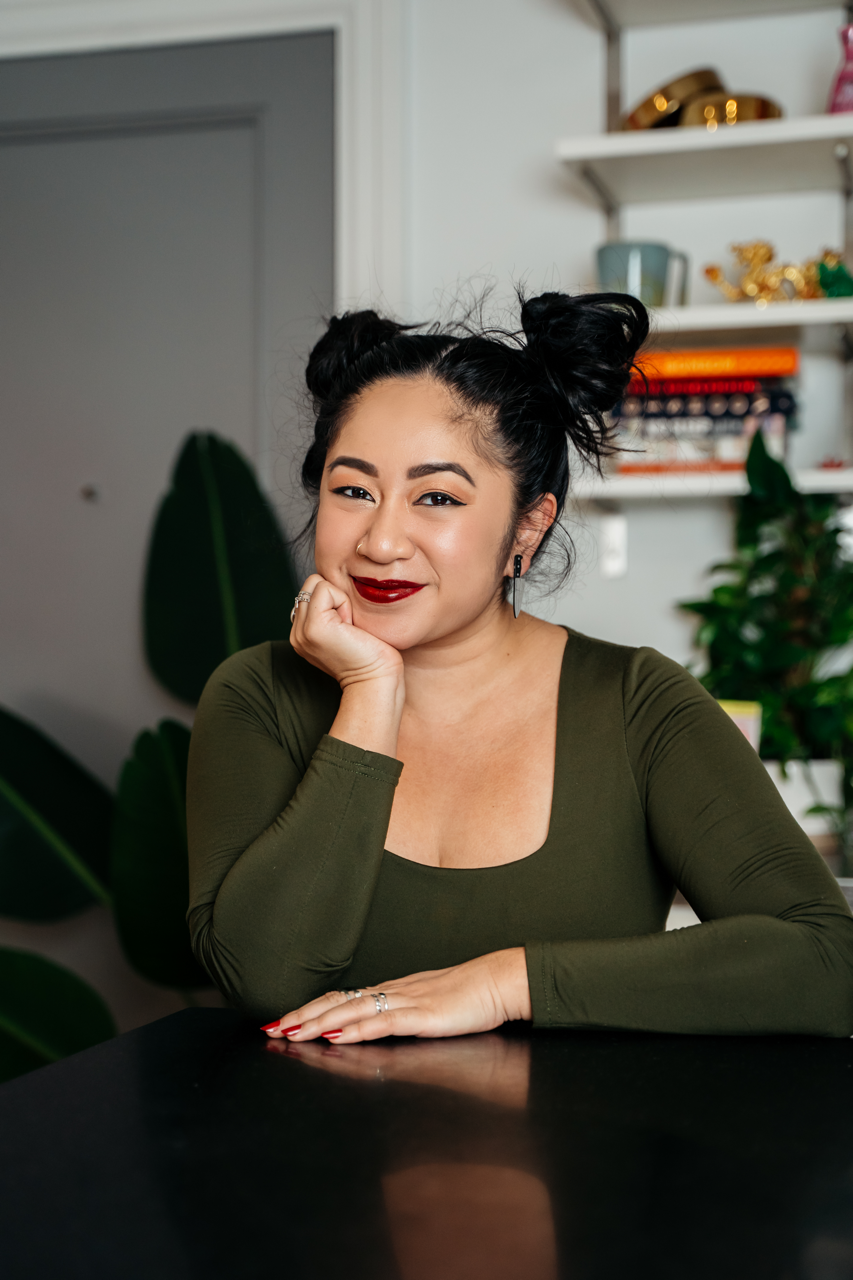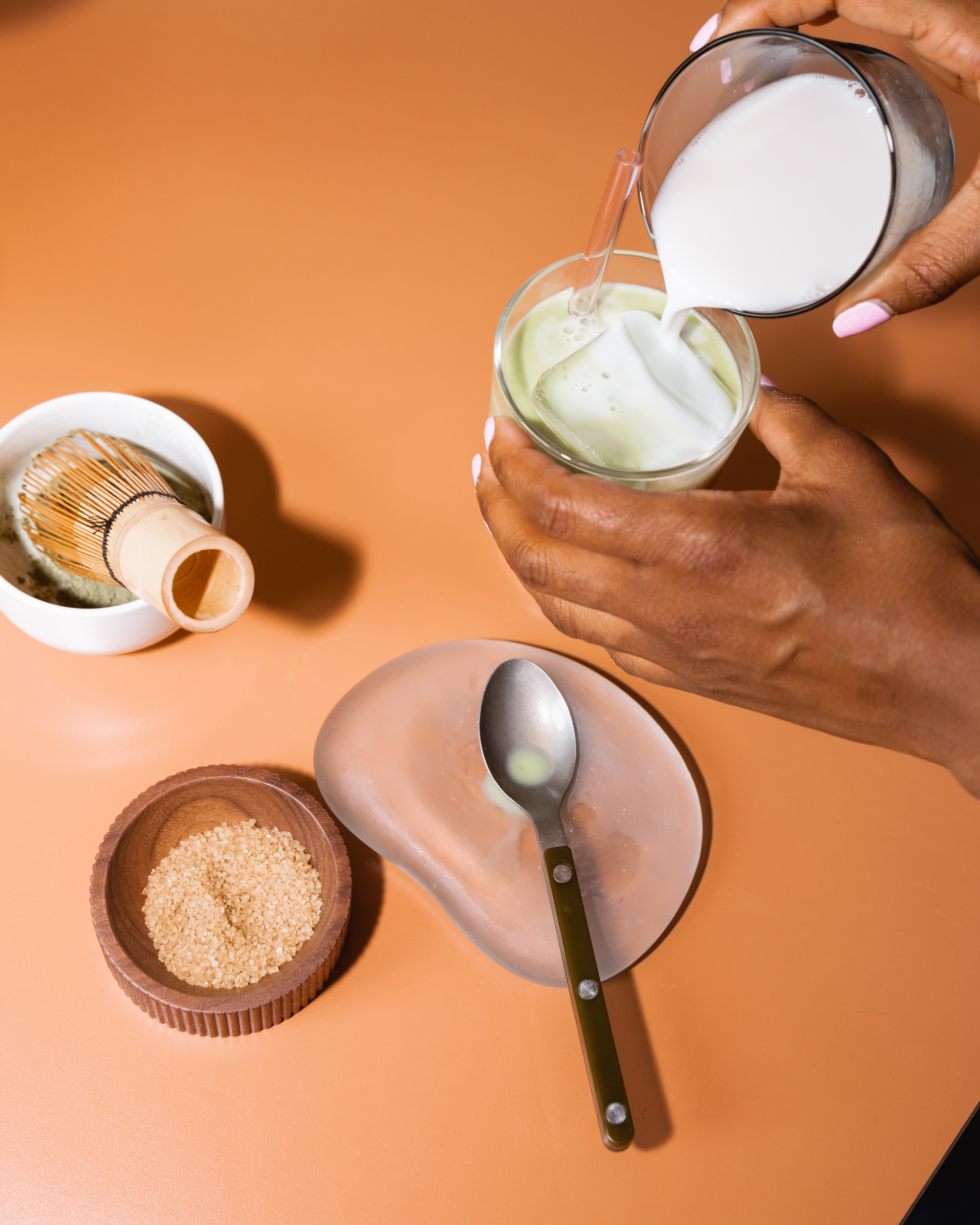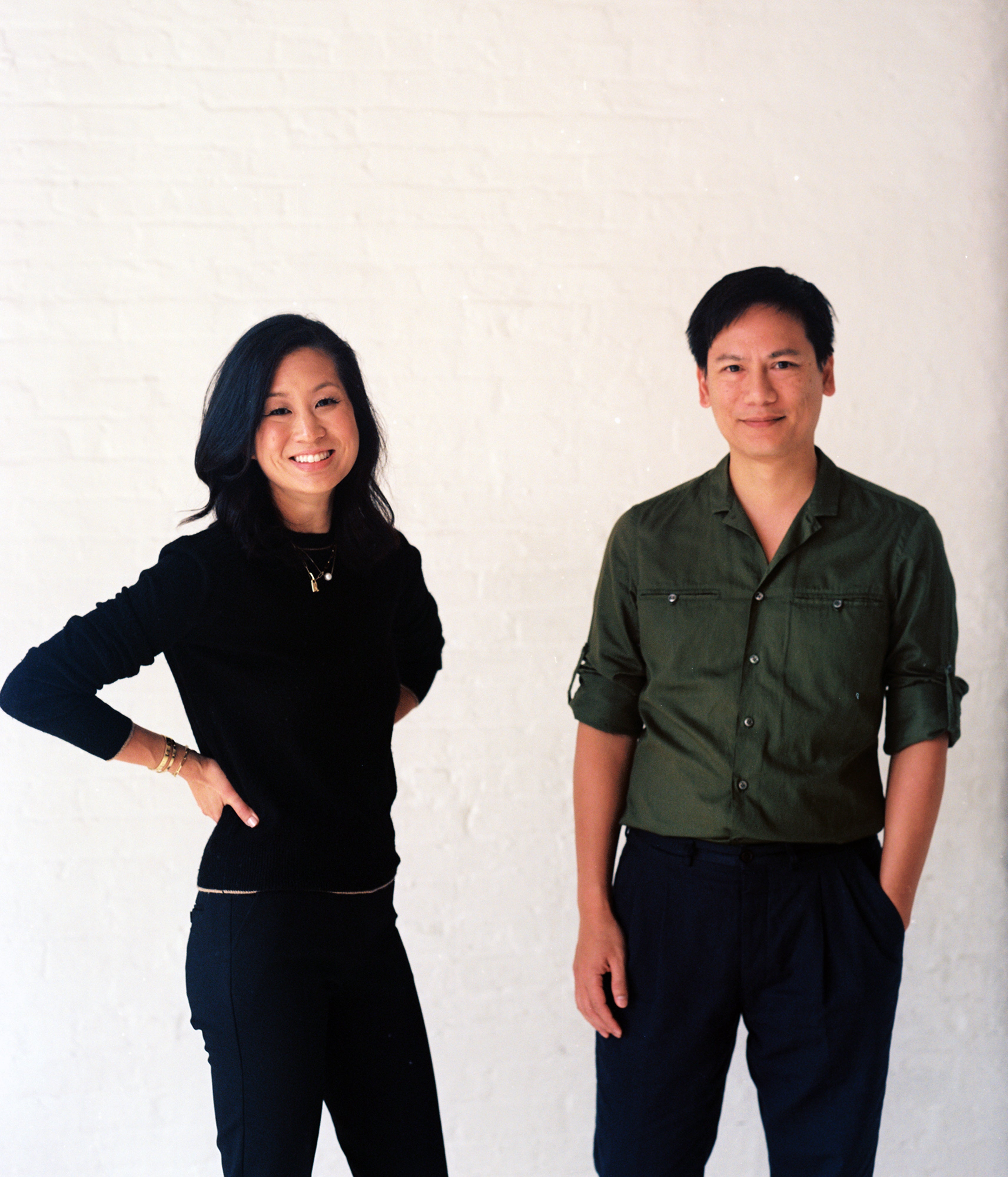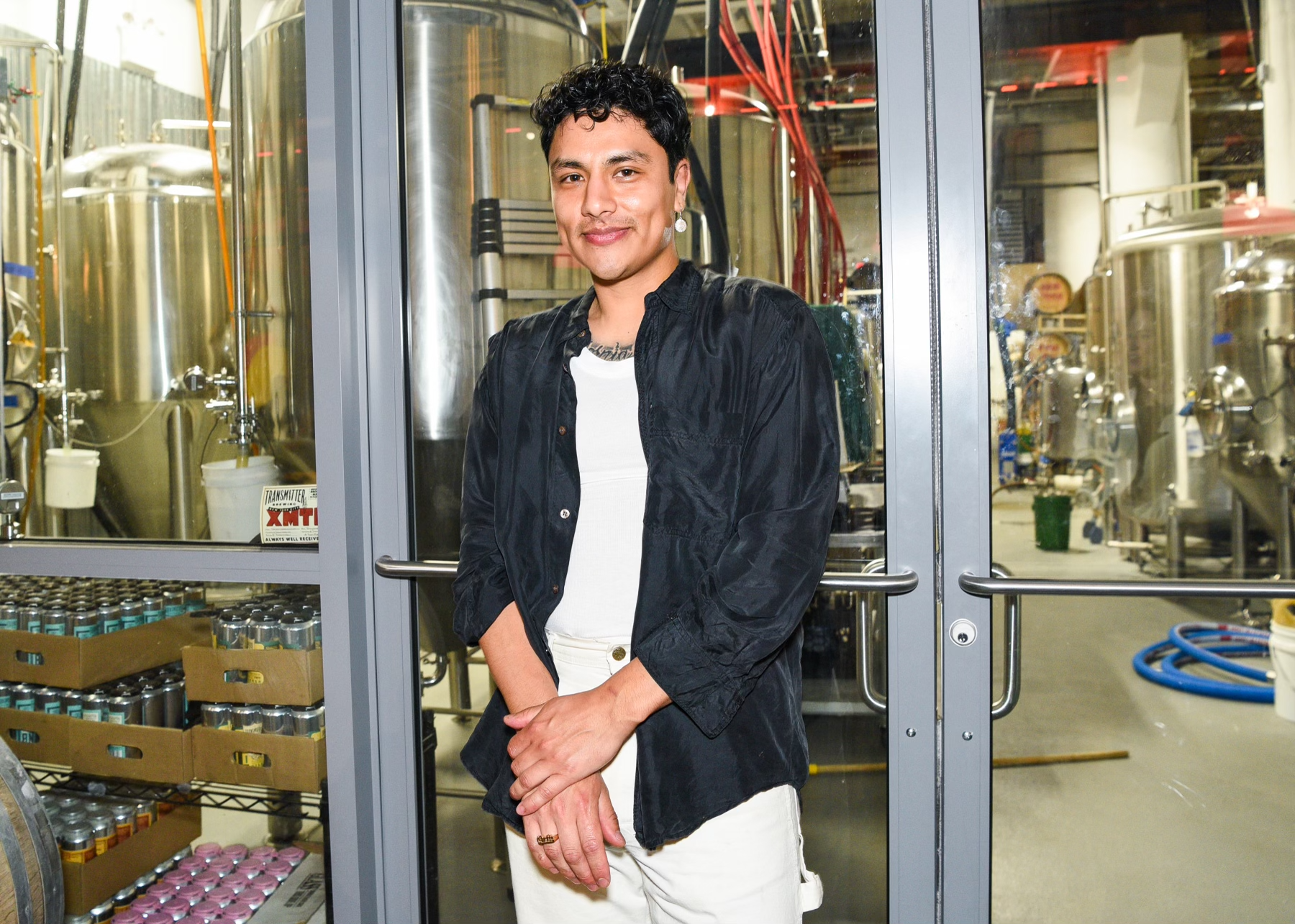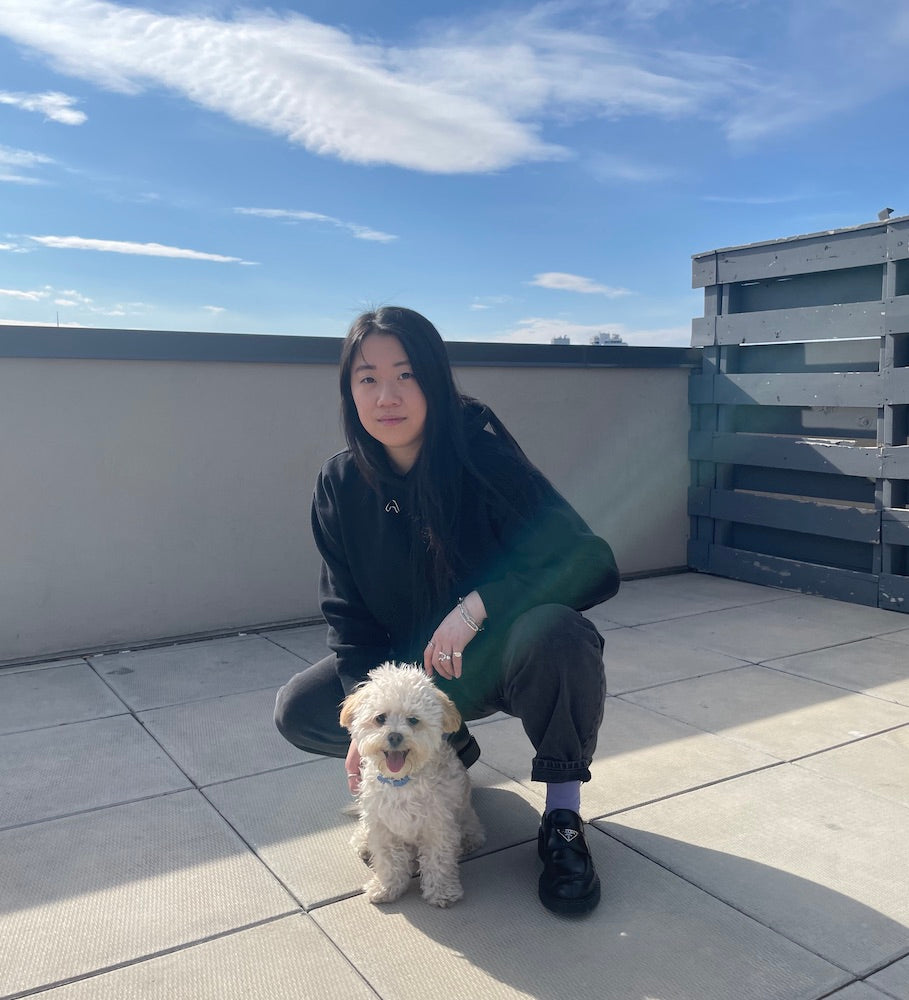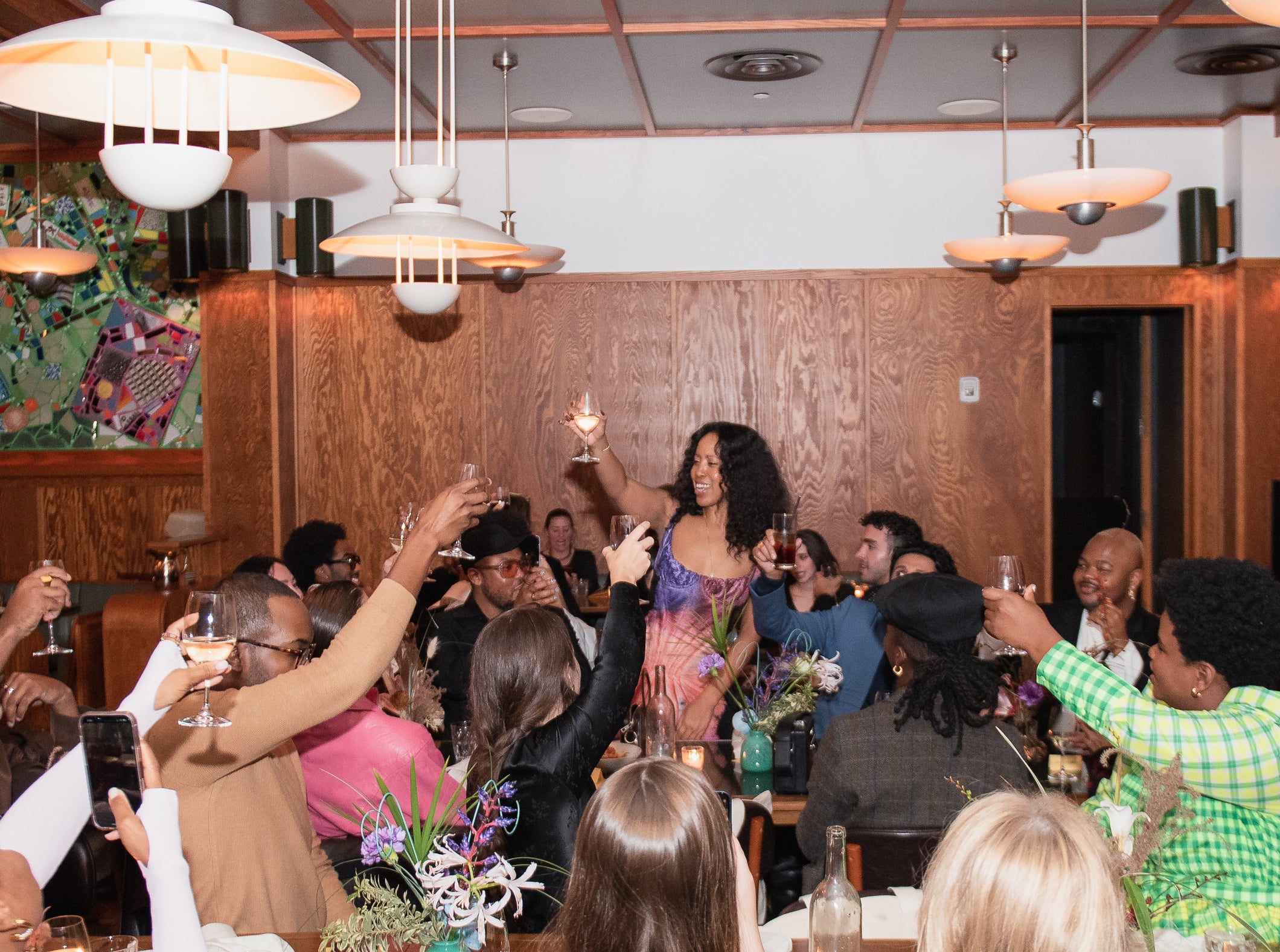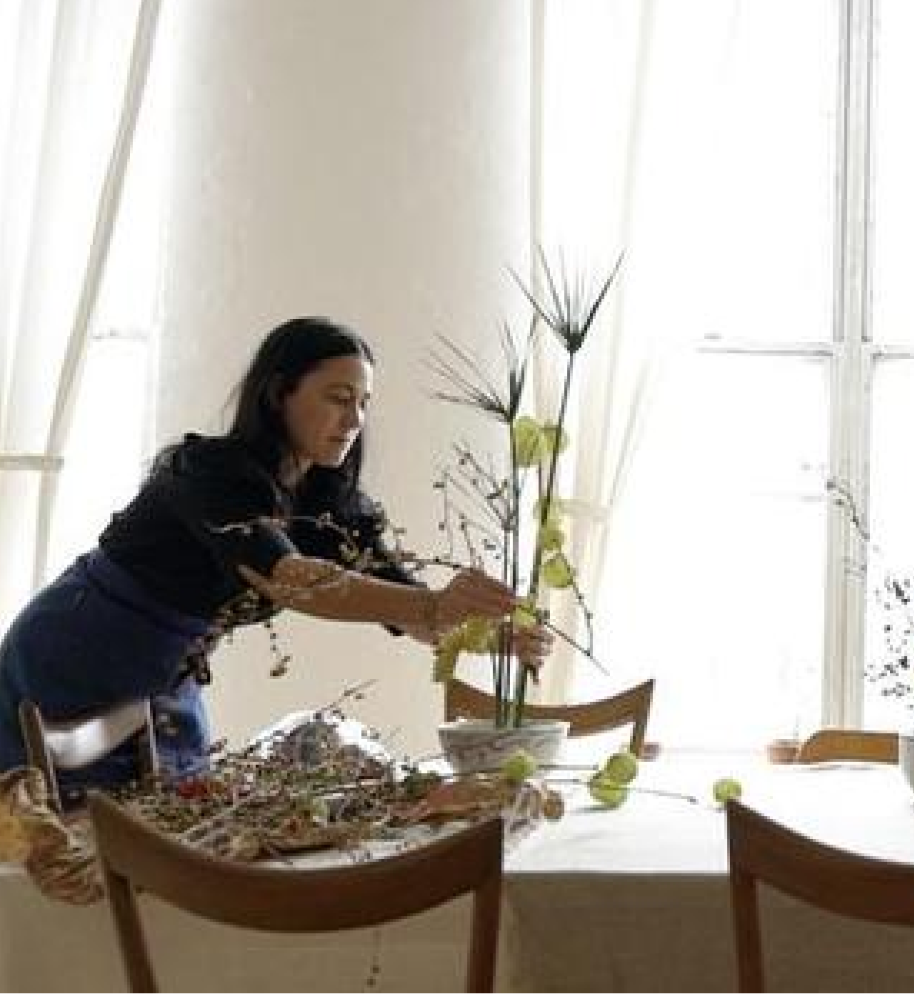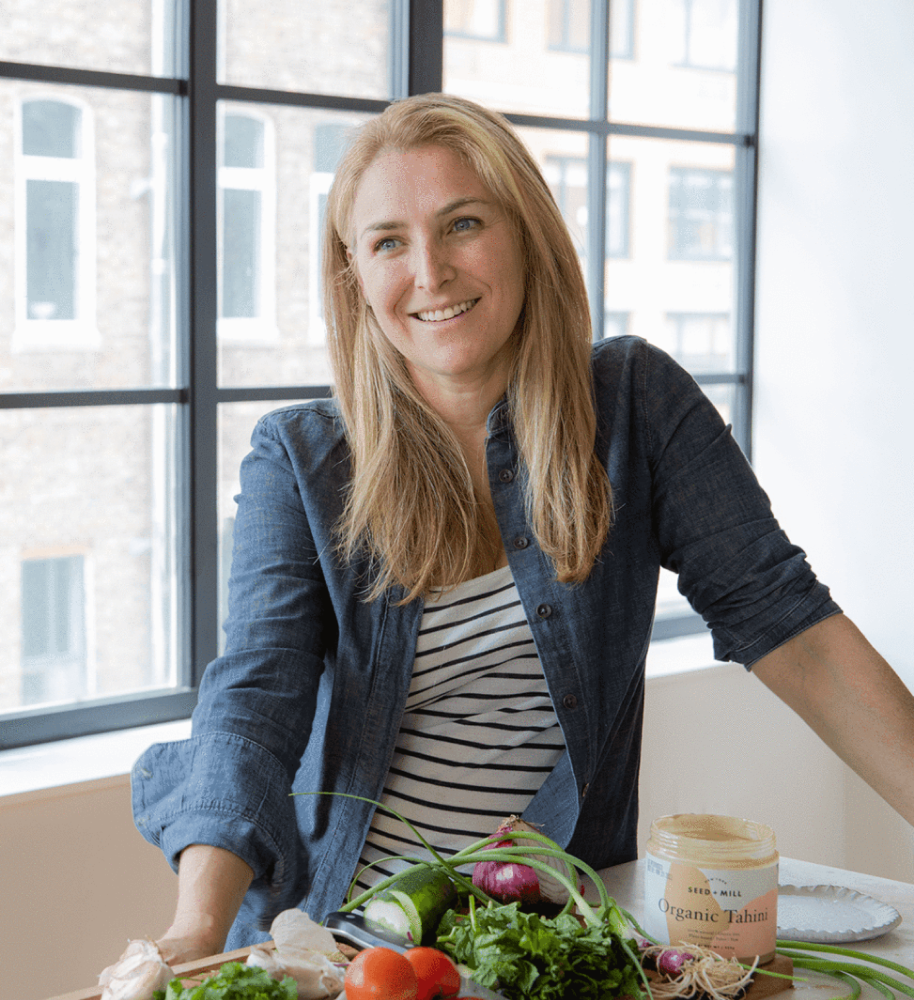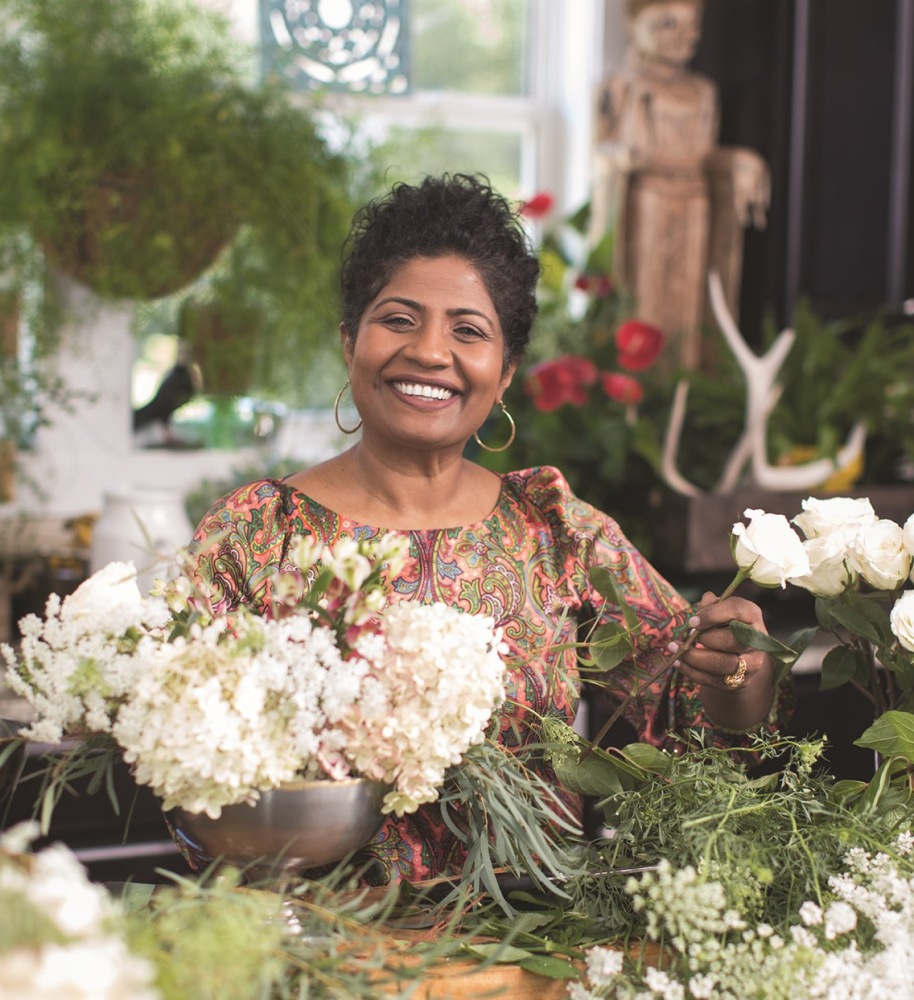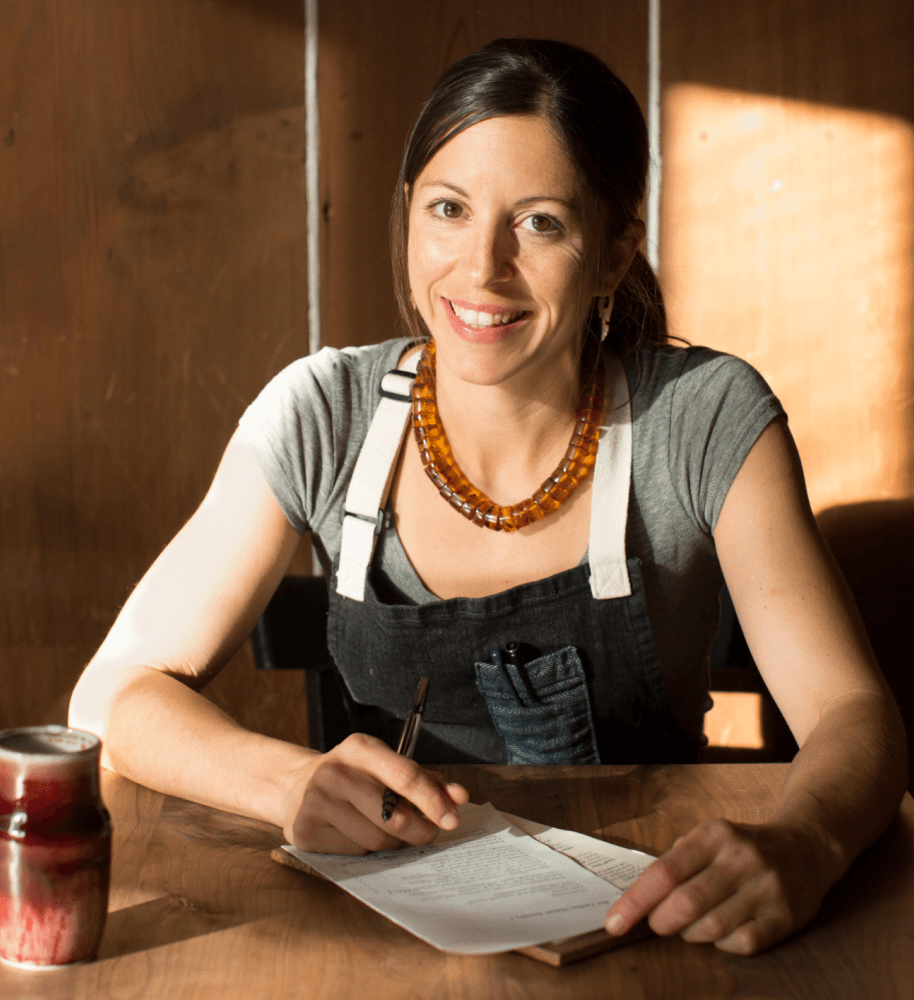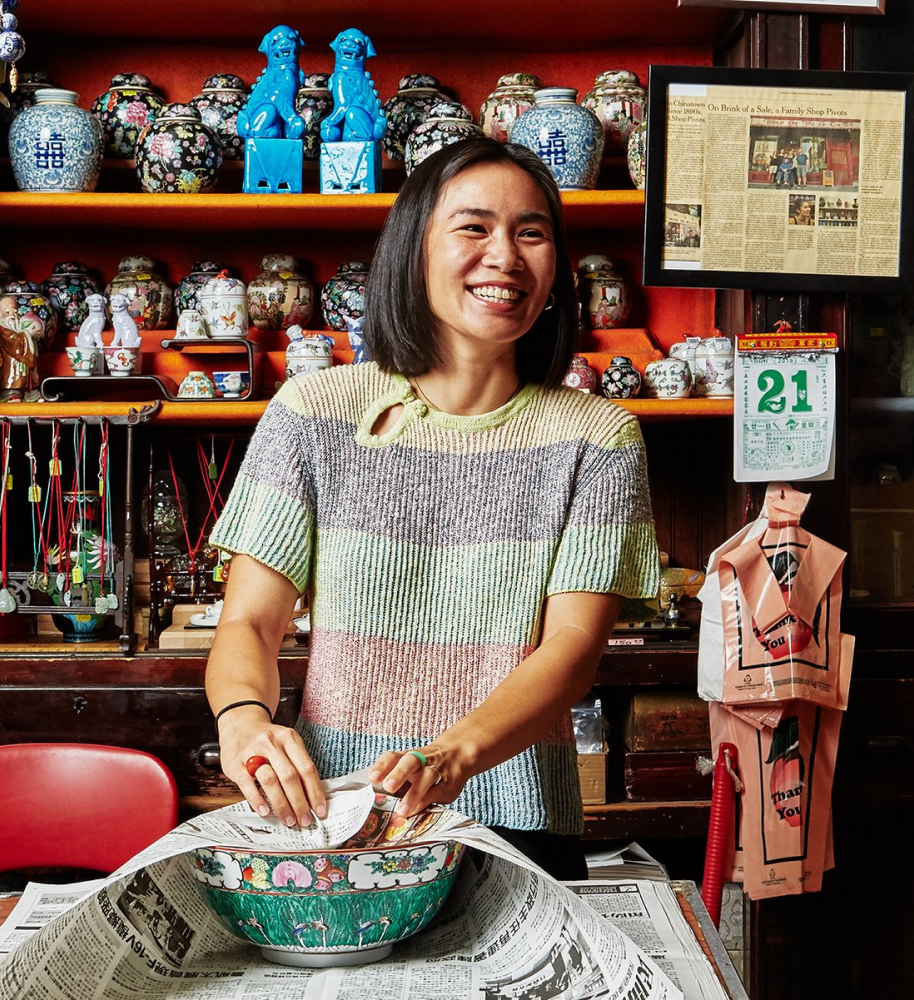Welcome to AAPI Heritage Month! All month long, we're featuring some of our favorite AAPI-founded small businesses. This week, we speak to Ryan Kim, founder and CEO of Kim'C Market, an online market offering high-quality Korean food and ingredients imported directly from farmers and artisans in Korea.
Q:
What does AAPI Heritage Month mean to you?
A:
AAPI Heritage Month is a pivotal time for reflection and celebration, deeply resonant with both my personal experiences and the ethos of Kim'C Market. My early taste of politics, passionate voluntarism and my work experience in the U.S. Department of Commerce were instrumental in forging strong connections with the Asian American community, greatly enriching my understanding of our diverse cultures. This month serves as a compelling reminder of the significance of proudly embracing our heritage.
Asian Americans are essential and esteemed members of American society. As a parent, I am acutely aware of the importance of instilling this pride in my children. Today, fortunately, there are more Asian American leaders and role models than during my own childhood, providing inspiration for the younger and upcoming generations. At Kim'C Market, we uphold this vision by showcasing the rich traditions and philosophies inherent in Korean culture. We meticulously select products crafted by artisans who are committed to traditional and natural practices. Our mission extends beyond mere commerce; we aim to educate our customers about the cultural relevance of our products as a true representation of Korean identity and plan to extend this approach to other Asian cultures soon.
AAPI Heritage Month is a time to recognize the substantial contributions of Asians in America. It underscores our solidarity, built on shared values like a deep commitment to family, which unites our diverse community. We honor these stories to ensure that the contributions of Asian Americans are recognized and valued as a fundamental part of the American narrative.

Q:
How do you bring your heritage into your business and work?
A:
At Kim'C Market, our overarching goal is to showcase the vast history and vibrant culture of Asia through the exceptional products of dedicated farmers and artisans. As a young company, we initially focused narrowly on Korean culture, and our vision is expanding to encompass a diverse range of cultures and products from other Asian countries, starting with food. Our commitment to Asian heritage is profound, and we actively foster collaborations with other AAPI brands, particularly those led by other AAPI entrepreneurs in the food and beverage sector. We do more than just stock their products; we provide a platform for these entrepreneurs to share their stories and insights through interviews.
To promote our producers and their craftsmanship, we leverage a variety of platforms including blogs, cooking videos, tasting events, and detailed product descriptions. Moreover, we enhance engagement and understanding of Korean cuisine through seminars and cooking demonstrations with renowned chefs, deepening respect and appreciation for everything Korea has to offer.
One of our key initiatives involves supplying over 20 fine dining venues and Michelin-starred restaurants, including Atomix, Cote, Oiji Mi, Jean-Georges, and Daniel Boulud. I personally take on the role of educating their staff about Korean ingredients, kitchenware, and culture. This training covers the history, production, and culinary applications of these items, ensuring the knowledge is preserved and passed on as staff transition between teams and establishments.
A standout moment in our cultural promotion efforts occurred in November 2023 when we hosted Ki Soondo, a master of Korean fermented foods, and her family. We organized seminars and hands-on sessions on jang and kimchi, cornerstones of Korean cuisine, for an audience of food critics, chefs, journalists, and content creators in New York City.
Building on these efforts, we are excited to organize a culinary tour to Korea in October 2024. This tour is designed to be an experience-driven journey through four different regions, allowing our guests to learn directly from local artisans, practice traditional crafting techniques, and fully immerse themselves in Korean traditions. The accommodations will blend traditional Korean aesthetics with modern comforts, providing a distinctly curated, high-touch experience for our travelers.
Through all these activities, Kim'C Market strives to do more than simple commerce. We aim to educate and immerse our customers and partners in the rich tapestry of Asian cultures, fostering a deeper appreciation and understanding of our roots.

Q:
As we celebrate AAPI Heritage Month, what do you hope people will take away from discussions about AAPI culture and experiences?
A:
There are countless lessons we can learn, but I’d like to focus on one in particular: food. I hope that people will come to appreciate the nuanced views and practices surrounding food within the AAPI community—a stark contrast to the often utilitarian perspectives of food in America, where it is frequently seen merely as a means to satiate hunger cheaply. In many Asian traditions, preparing food is a labor of love that involves careful selection of ingredients and a significant investment of time and care.
At Kim'C Market, we embrace this philosophy by sourcing and providing food that is not only nourishing but also reflects the meticulous care that goes into its preparation, honoring our shared heritages. This month, as we share our stories and celebrate our backgrounds, I hope it inspires a deeper understanding and appreciation for the diversity within the AAPI community. It's exciting to see how AAPI entrepreneurs are now recreating these meticulously crafted foods, making them more accessible and broadly appealing to general consumers. We have witnessed the success of many AAPI direct-to-consumer (D2C) brands, some of which have achieved national distribution.
Through our discussions and celebrations, my hope is that we foster greater respect for these practices, which contribute significantly to the richness of our diets and to our communal and societal well-being. It’s about recognizing and valuing the depth and intention behind every meal—a reflection of our history, our struggles, and our triumphs.

Q:
In what ways do you think brands and organizations can better support and amplify the voices of AAPI makers?
A:
Supporting our peers is not just important—it's also beneficial for us. For example, we once helped a Danish-Vietnamese entrepreneur who was on the verge of shutting down her snack line. Her business wasn't failing, but she faced challenges with operations and staffing. Managing production while caring for a young child and handling increasing volume demanded more than just hard work; it required support and a strong network to find manufacturers and more. Knowing her work ethic and potential, I personally encouraged her to keep going and connected her with experienced business partners who could provide guidance. Although Kim'C Market was still primarily a premium Korean specialty e-commerce platform, we also promoted local snack brands collection including hers to our customers. She's doing much better now; her brand is more stable, and she shared how thrilled she was when big retailers like Whole Foods started carrying her delicious Danish snacks.
This effort is part of our broader strategy to strengthen bonds within the AAPI community through honest conversations, mutual support, and collaborative efforts. We actively seek partnerships with other brands that share our mission, creating a network where experienced AAPI business leaders can mentor emerging brands. Such initiatives not only assist individual entrepreneurs but also enhance the collective visibility and impact of AAPI makers.
Furthermore, I'm eager to organize an Asian Food Fair to bring AAPI cultural expressions to a broader audience. Hosting street fairs, for example, that showcase Asian food in areas with less AAPI presence would be a potent tool for promotion and networking for vendors. Initially focusing on food, these fairs could expand to include other aspects of Asian culture, such as dance companies, travel agencies, or crafts.
Ultimately, our aim is to do more than just participate in the market; we want to actively shape an inclusive narrative that reflects the diversity of this country. By supporting one another, we not only succeed individually but also collectively, contributing vibrantly to the nation's cultural and economic framework.


Q:
What are some of your favorite AAPI-led small businesses?
A:
There are numerous AAPI-led brands and businesses that I admire, but one that particularly stands out for its alignment with the values of Kim’C Market is Meju, a Michelin-starred establishment in Long Island City, New York. Chef Hooni Kim, a former medical school student, has dedicated his efforts at Meju to showcasing authentic Korean cuisine, with a special emphasis on wild fermentation—a fundamental aspect of Korean culinary tradition. At his intimate 8-seater restaurant, he passionately educates diners about the art of 'jang,' which Master Ki Soondo describes as '90% of Korean cuisine.' I deeply respect his unwavering commitment to serving natural, wholesome food and promoting Korean culture.

